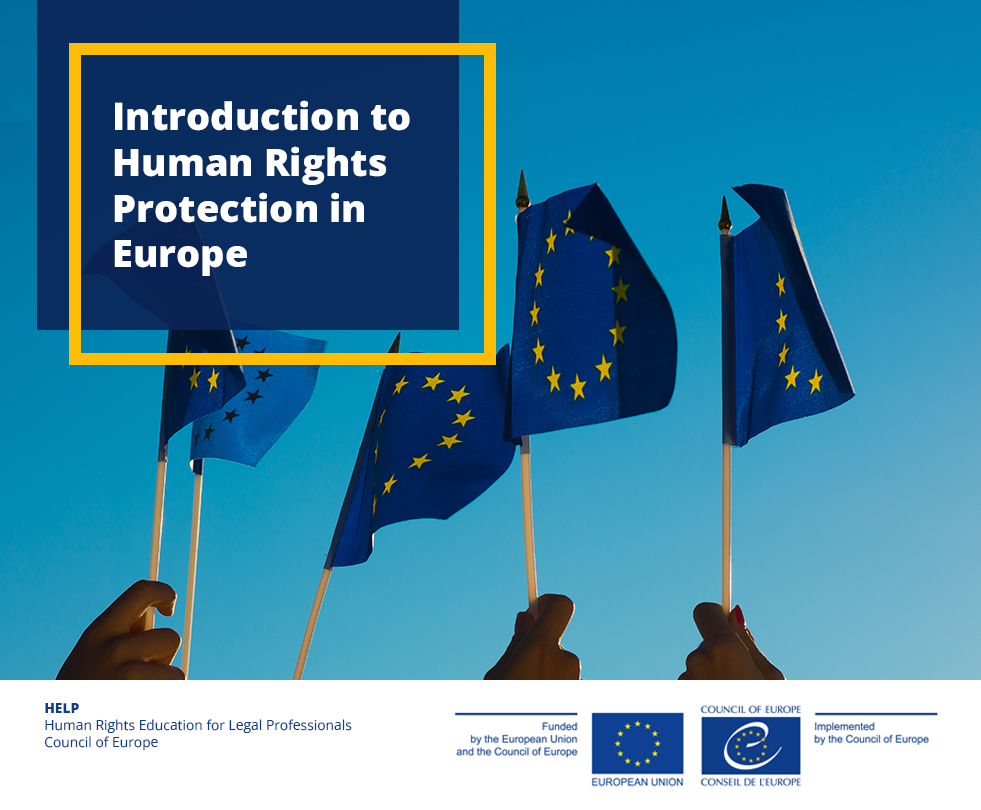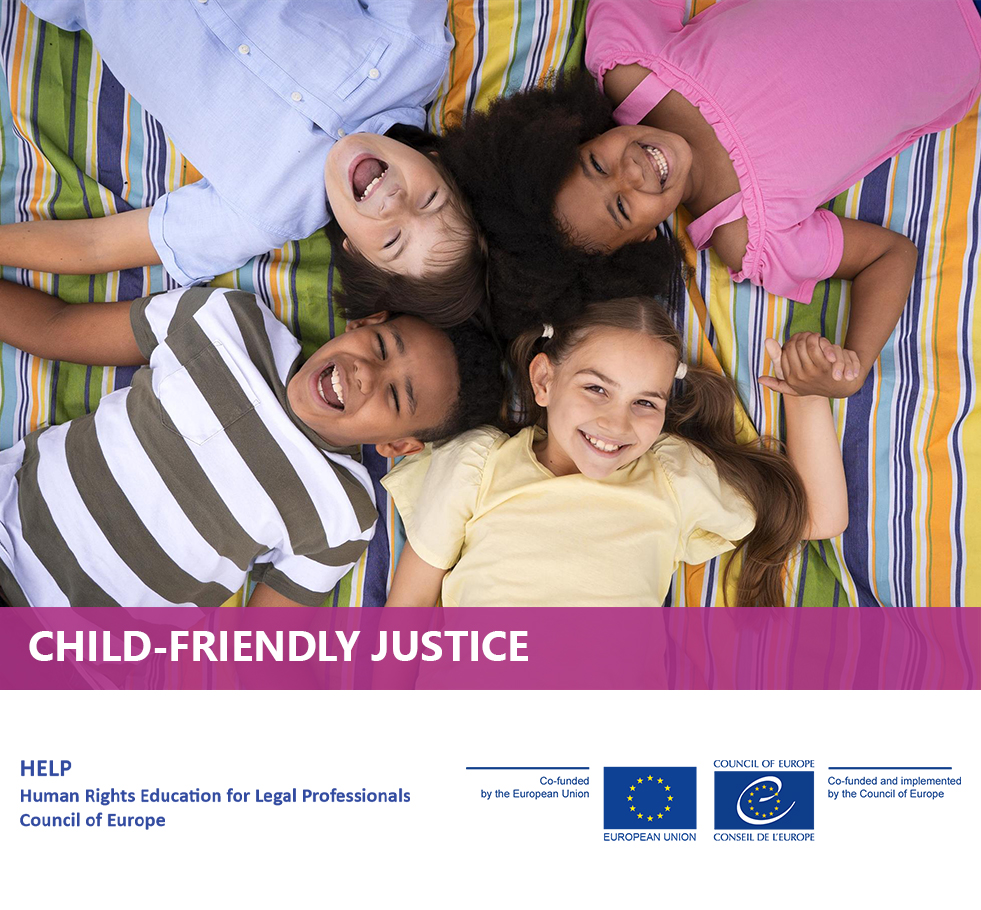A group of almost 70 judges and prosecutors from Croatia, Greece and Spain joined the first cross-border launch of the HELP course on the fight against racism, xenophobia, homophobia and transphobia, organised by the "HELP in the EU" project, funded by the EU and implemented by the Council of Europe. This two-day kick off was hosted by the Spanish Judiciary School in Barcelona on 17 and 18 September.
It included sessions highlighting the relevant case-law of the European Court of Human Rights (the European Court), the Council of Europe framework related to the fight against racism and intolerance, as well as the protection of LGBTI rights and the monitoring work carried out under the European Social Charter, alongside an overview of the EU framework. The participants had the opportunity to exchange with representatives of several Council of Europe bodies working on the topic, a former judge of the European Court, as well as experts on antidiscrimination. They got familiarised with the HELP programme and the Council of Europe e-learning online platform containing more than 30 online courses on human rights; they also met the national tutors who will accompany them in the implementation of the course for the following three months.
The Seminar started with opening speeches from Jorge Jimenez, Director of the Spanish Judicial School, a key HELP partner, and Eva Pastrana, Head of the HELP Unit of the Council of Europe. Ana-Maria Telbis, coordinator of the project "HELP in the EU" presented the HELP Programme and the project. The morning session continued with a presentation on the synergies between the Council of Europe and the EU and their implications at national level, given by Rafael Bustos, HELP Focal Point for Spain. Luis Lopez Guerra, former judge at the European Court provided the participants with a comprehensive overview of the European Court’s antidiscrimination case-law which impacted the national systems, bringing positive change. Maria Andriani Kostopoulou, member of the HELP Consultative Board, highlighted the added value for judicial practitioners of knowing, referring to and using the Council of Europe standards and findings of the monitoring bodies in their daily work, in the same way the European Court makes use of these instruments and resources when examining cases brought before it.
The afternoon session started with a presentation of Joao Pereira from the Council of Europe’s Sexual Orientation and Gender Identity Unit, summarising for the participants the work carried out under the Council of Europe framework and explaining them some key concepts via an interactive exercise. The three national tutors (Petros Alikakos, Iva Ivanisevic and Jorge Jimenez) who will accompany the three groups of participants in the implementation of the course gave a brief overview of the national framework in Croatia, Greece and Spain and also pinpointed the main challenges, for participants to reflect upon and follow up in their exchanges during the course.
The first day ended with a presentation of the work carried out by the Council of Europe Committee on the European Social Charter given by Amaya Ubeda, highlighting the way it translates into the national practice and also how it relates to the other mechanisms of the Council of Europe.
On the second day the groups were introduced to the HELP online platform and exchanged directly with their national tutors on the modalities in which the courses will be carried out. The participants who successfully complete the course will receive HELP certificates issued jointly with their respective training institutions.
The course covers in an interactive way the European non-discrimination law (from the Council of Europe and EU) and the impressive body of case law of the European Court and of the Court of Justice of the EU, in addition to decision of the European Committee of Social Rights.
It has four modules: key concepts, legal framework, racism and xenophobia, and homophobia and transphobia. Existing case law covers topics as varied as: discrimination during job recruitment or at the workplace; discrimination receiving health care; hate crimes, hate speech or harassment on racism or homophobic grounds; lack of respect for private and family life of LGBTI persons; legal gender recognition.
The course was originally developed under the EU-Council of Europe “HELP in the 28” project and continues generating high interest (over 450 users registered in the Council of Europe platform). It can be accessed for free online here, in English, French, German, Croatian, Macedonian and Spanish. The Greek version will be available by end 2018, once the current pilot course is completed.





